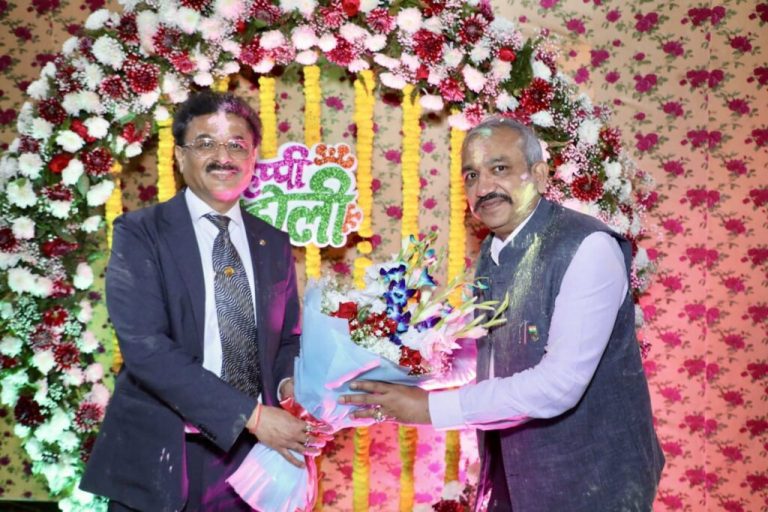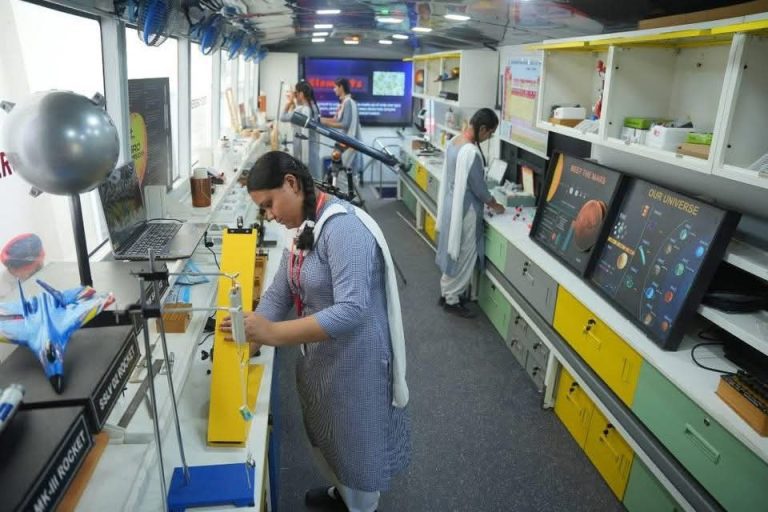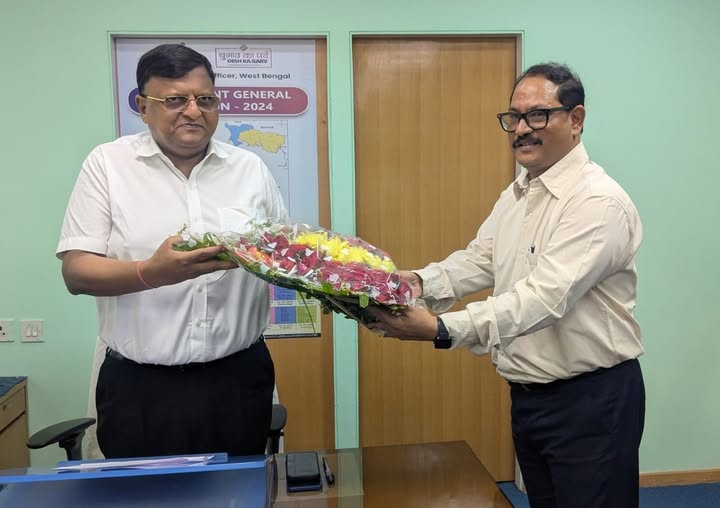New Delhi: The Delhi High Court has sharply criticised the Directorate of Education, Delhi and the Delhi government for allowing school-level outdoor sports events during months when air pollution reaches hazardous levels. The court pointed out that making children play outdoors in seriously polluted air amounts to damage being done to their lungs.
Background of the Delhi School Sports Case
Delhi’s air quality deteriorates significantly during the winter months — typically from November to January. During this period, the Air Quality Index (AQI) often enters “Severe” or “Hazardous” levels.
A group of 11 school-children, through their parents, filed a petition against the government’s scheduling of outdoor school sports events in this high-pollution period. They argue that this scheduling forces children, a vulnerable group, to play in toxic air — thus exposing them to serious health risks including lung damage, impaired growth and cardiovascular strain.
Court’s Strong Message to the Government
The court’s remarks were direct and forceful. It asked:
“Do you recognise that in the months of November to January there is a problem, and that children should not be subjected to outdoor activities?”
“You plan so that from the future year there are minimal or no fixtures during this period.”
“You can’t call children to damage their lungs.”
The court directed the Directorate of Education and the School Games Federation of India (SGFI) to file status reports within four weeks, explaining what steps have been and will be taken to avoid scheduling outdoor tournaments during the most polluted months.
Impact on Students and Why It Matters
When children engage in outdoor sports during severe pollution:
- Their lungs work harder and toxins can penetrate deeper during physical exertion.
- Long-term exposure may affect lung growth and overall health. The petition cited medical evidence showing deteriorated lung condition of children in polluted areas.
- Their fundamental rights — to life, education and health — may be at risk when they must choose between participating in school sports or avoiding health hazards.
- Given that school sports are meant to support children’s growth, health and well-being, exposing them to conditions that harm their health is deeply counterproductive.
What the Government Has Said & What Happens Next
The Delhi government’s counsel argued that many sports events are indoors and that it is the SGFI which sets the national calendar, so rescheduling is not fully within local control.
However, the court held that the government cannot abdicate its responsibility. It must step in and plan the sports calendar in a way that safeguards children’s health — at least for Delhi. The case was listed for further hearing on 13 January 2026.
Why This Decision is Important for Schools & Parents
For schools and parents, this ruling signals that:
- Outdoor sports scheduling must account for environmental conditions, not just academic calendars or traditional timelines.
- Schools may need to revise their sporting calendars ahead of time to avoid the polluted winter months.
- Parents have legal recourse if children’s health is compromised by institutional decisions ignoring known hazards such as air pollution.
- It sets a precedent that child-health concerns can override traditional scheduling of major events such as inter-zonal, state and national trials.
Looking Ahead: What Should Be Changed
To implement the court’s direction effectively:
- Education authorities should delay or reschedule outdoor school sports events away from the months when air quality is poor (November to January).
- Early-year months (such as April onwards) when air quality is significantly better should be considered for major events.
- Indoor facilities should be used more during high-pollution periods, where possible.
- Monitoring the AQI regularly and tying decisions for physical outdoor activities to real-time air-quality data.
- Transparent communication with students, parents and schools about why calendar changes are needed — focusing on health rather than disruption.
Read also: CAQM Invokes Stage III GRAP in NCR – A Last-Minute Attempt to Rescue Delhi’s Toxic Air































